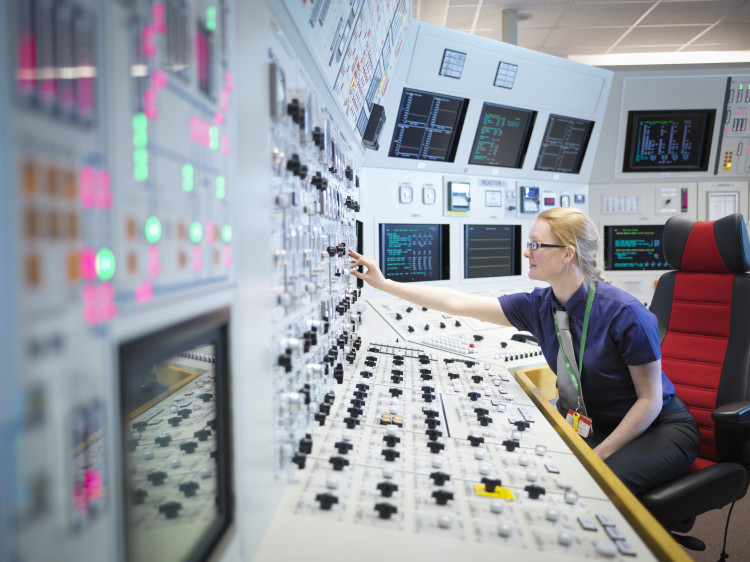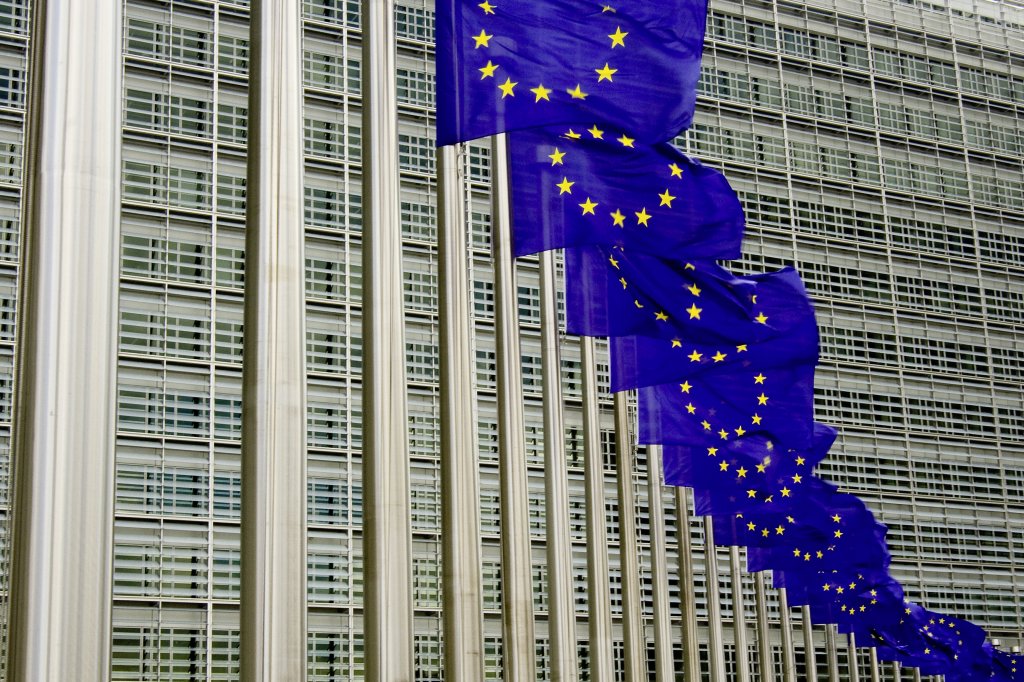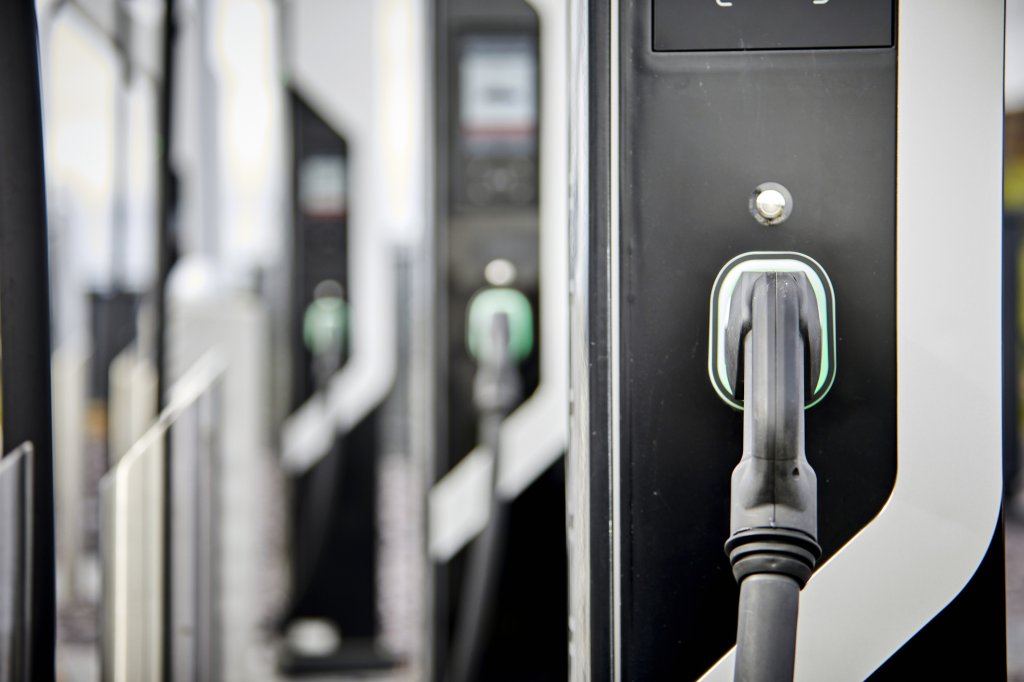In a piece written before the sad death of Her Majesty The Queen last Thursday, Hanover’s Head of Energy and Industry Larry Smith assesses the challenges ahead for governments and businesses as Europe disentangles itself from Russian energy.
The cat is out of the bag. After months of claiming technical difficulties at its gas pipelines, the Russian government has now stated plainly that its gas supplies to Europe will not resume in full unless the “collective West” removes sanctions over its invasion of Ukraine. Even if temperatures stay mild, the continent – and its businesses – must brace for a harsh winter.
BUSINESSES HAVE NO CHOICE BUT TO PLAN NOW TO ENSURE THEIR REPUTATIONS ARE NOT IMPACTED AS SUPPLY CHAINS AND CUSTOMER CONTINUITY COME UNDER STRAIN, AND MARKETS TAKE A CLOSER LOOK AT THE RESILIENCE OF THEIR OPERATIONS.
Most European nations have so far shown some resilience in responding to Moscow’s weaponisation of energy supplies. While still divided on the issue, the EU is seeking to coordinate action on gas price caps. Germany and the Netherlands have reached gas storage targets set ahead of schedule. Italy and France have turned to Algeria to diversify their supplies. The UK has given its major gas supplier Centrica permission to reopen a North Sea storage facility. Panic, as one academic observes, has at least galvanised governments into action.
But this short-term action is not enough to save European publics and businesses from a hangover in long-term energy policy. Germany faces a reckoning for putting Russian gas at its heart of its foreign policy. France and Norway are struggling to manage the impact of climate change on their energy systems. The UK must pay the price for flaws in its energy efficiency strategy that date back almost a decade.
Considering these problems of state, companies will rightly question why they should bear the brunt of consumer frustrations in the months ahead. And some of the onus will be on governments to deepen their engagement with business. Germany’s Economy Minister Robert Habeck has set a gold standard for others – including Britain’s Jacob Rees-Mogg – to meet, having impressed German companies with his personal commitment to tackling the crisis.
Yet trust in all institutions is low, and perceptions of industries hardest hit by the cost of living are declining fast. Businesses have no choice but to plan now to ensure their reputations are not impacted as supply chains and customer continuity come under strain, and markets take a closer look at the resilience of their operations.
Businesses must also assess how they are communicating net zero plans in the face of cost of living challenges. Research by Hanover’s Strategy and Insights team found that European voters had concerns about the impact of climate change on energy costs before the Ukraine crisis, and recent polling suggested the British public believes the Government is placing too much emphasis on traditional fuels over renewable energy. But with cost considerations cited by both businesses and individuals as a barrier to climate action, are the commitments that businesses made in the glow of COP26 credible for anxious publics focused on their own bottom lines?
In this era of intensifying risks and rising expectations, businesses must review their strategies to build resilience and turn risk into opportunity. Hanover’s own resilience diagnostic tool, Rewire, aims to help companies identify vulnerabilities in their reputational resilience and take steps to address them. Its initial findings show that while many are confident in the core foundations of their reputation, they are less confident in their preparedness for a rapidly-changing outside world. By digging a bit deeper, corporate professionals can form a holistic view of what their business needs to do to stay ahead – even if the lights go out.










